This post may contain affiliate links. Please read my affiliate policy.
Table of Contents
Let’s talk about this buzz phrase ‘plant-based diet.’ What is a plant-based diet, how do I participate and how will it help me fuel my passions? I’m answering all these questions and more in this ultimate guide to a whole food plant-based diet.
You’ve heard the phrase plant-based diet thrown around in recent years, as well as the confusion surrounding it. I’m here to talk about what it means to eat a whole food plant-based diet, why it allows for freedom over restriction, and health that will not only leave you feeling great, but also help you chase (and achieve!) your passions.
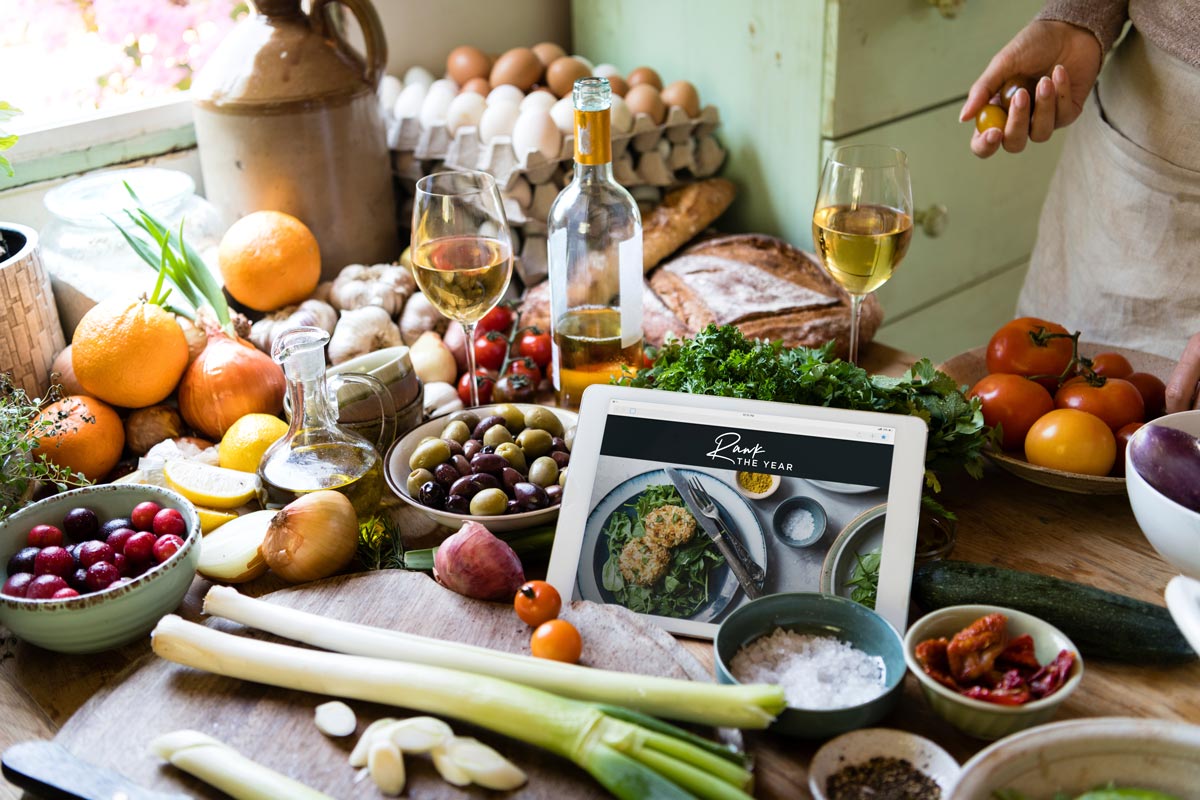
What is a Plant-Based Diet
A plant-based diet is all about celebrating and enjoying the foods that naturally fuel our bodies and are minimally processed. At Simple Green Smoothies, we create a lot of fruit and vegetable recipes and meal plans, and I thought it was time we shared the “why” behind this as well as the benefits of this lifestyle.
Plant-based di•et:: (noun) a way of eating that is built upon the basic principle that we should embrace plants, such as fruits, vegetables, healthy fats, whole grains; and limit the amount of meat, dairy, eggs and nutrient-poor foods (like bleached flour and refined sugar).
I used to be so exhausted and felt trapped in a body that didn’t allow me to do the things I wanted to— but that’s all in the past because of a plant-based diet. I don’t use the term in a confined way. It’s the foundation.
I build my diet to make sure I’m getting enough nutrients to thrive. I find that eating more plants is what gives me the energy and strength to thrive. I lose weight naturally when sticking to a plant-powered meal plan while still enjoying the food I eat and not “dieting” all the time.
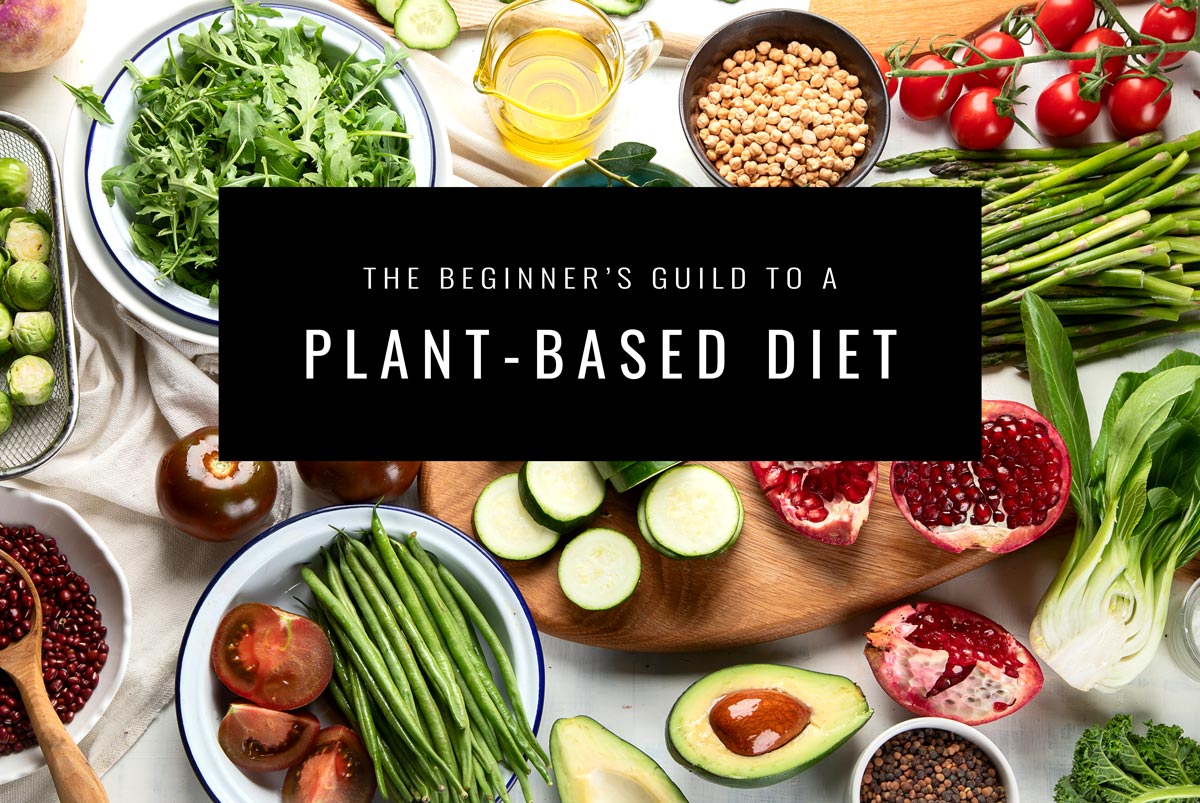
Vegan vs Plant-Based
Not every plant-based diet is the same. You have the opportunity to make it your lifestyle and adjust it as you see fit. The bottom line is— make plants the foundation and a huge part of what you eat every single day.
I’m sure you’ve heard of vegetarians and vegans, but do lacto-ovo vegetarians or pescatarians sound familiar? I didn’t recognize them. The fact is, everybody’s body is a little different. While a plant-based diet is rooted in fruits and vegetables, it can also include meat.
You should feel energized because of the foods you eat, never lethargic or drained. Our bodies are incredible machines and the foods we eat are what help maintain and protect our awesomeness. That’s what the plant-based lifestyle is all about.
If you’re a beginner, here’s the breakdown of the varying levels:

- Vegans: Avoid meat, poultry, fish, eggs, dairy, gelatin, and any products derived from an animal based on moral principles.
- Pollo-vegetarian: Avoid meat but may eat chicken.
- Lacto Vegetarians: Avoid meat, poultry, fish and eggs, but consume dairy products.
- Ovo Vegetarians: Avoid meat, poultry, fish and dairy products, but eat eggs.
- Pescatarian: Avoid meat but may eat fish.
- Lacto-ovo vegetarians: Do not eat meat, poultry or fish, but eat eggs and dairy.
- Whole Food: Unprocessed whole foods like organic meat, whole grains, fruits and vegetables.
A Whole Food Plant-Based Diet for You
I’m sure you noticed something missing from the diets of vegetarians and vegans, food groups that seem essential for your body to operate properly. Meat, dairy and eggs have been primarily associated with nutrients like calcium and protein and eliminating them may seem scary at first. Can consuming a larger portion of plants fill these gaps? Absolutely!
Our diets ebb and flow as we live, age and travel. We shouldn’t feel restricted by a label we gave ourselves when we were 16, 22 or 35. I think it’s important to understand these titles so you can see what feels best for you at this time. The foundation of a whole food, plant-based diet is built on plants. Beyond that, make it work for you!
Because it’s easier for most people to make a meal surrounded by meat vs surrounded by plants, I created a meal planner to help myself (and thousands of others) take the guesswork out of eating more plants. You get a weekly plan with three smoothies, three snacks and three meals planned out for you: recipes, shopping list and meal plan. That’s it! You can customize however you need to or create your own plan with hundreds of recipes at your fingertips.
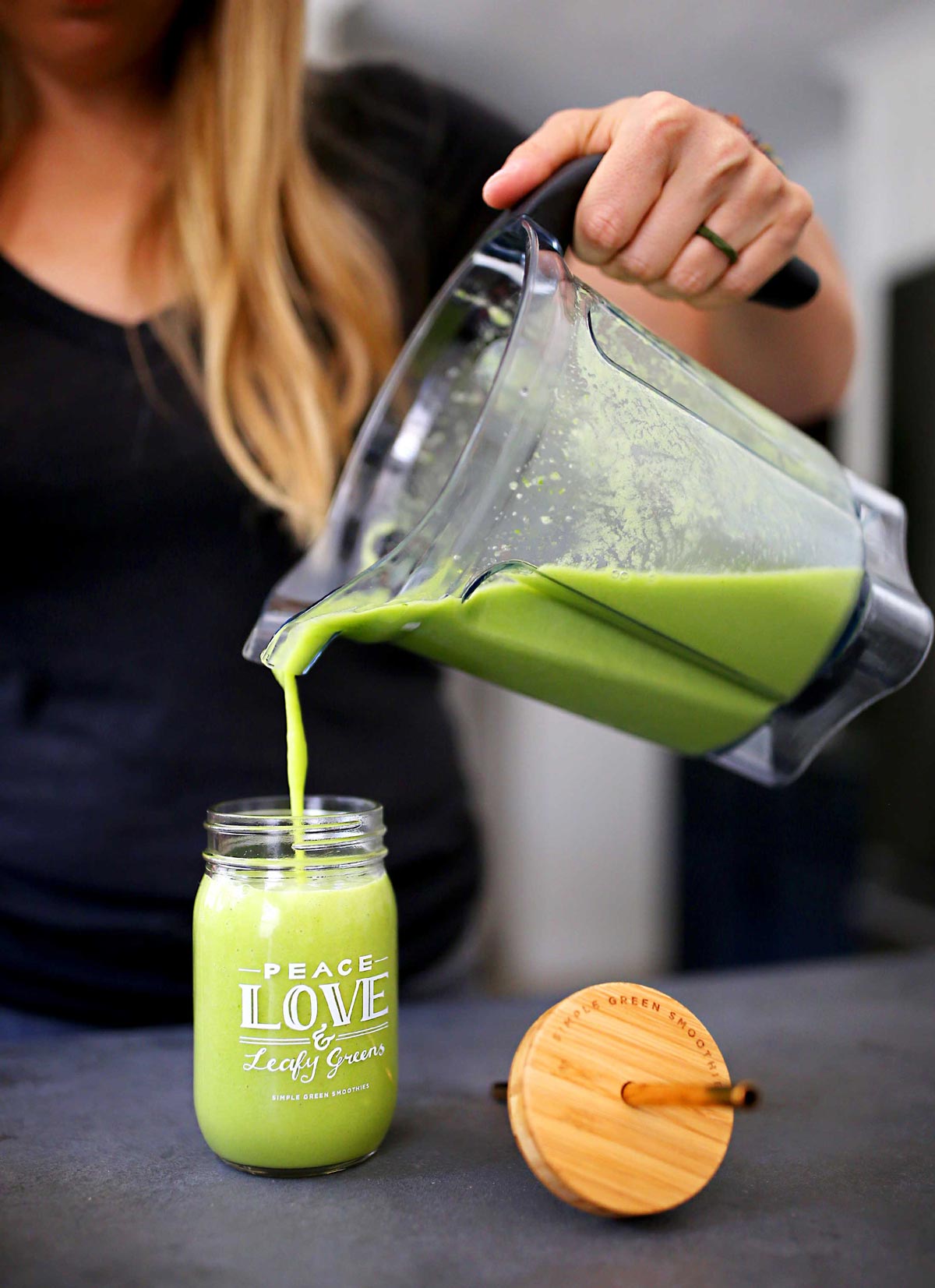
4 Ways to Start a Plant-Based Lifestyle
- Drink a green smoothie once a day. For me, green smoothies were the gateway drug to a healthier life. They lead to lots of energy as well as cravings for healthier foods. One simple green smoothie a day inspired me to make healthy eating a lifestyle.
- Grab a FREE plant-based meal plan. You don’t have to jump into this new lifestyle both feet first. In fact, I encourage you to take your time and make it count. Wade in, pace yourself and then try a week of plant-based meals. This will get you familiar with vegetarian recipes and inspire you to try them more often. Some favorites of mine that are perfect for beginners are Almond Butter Zoodles and Candied Brussels Sprouts. You’ll be craving these simple recipes and surprisingly, won’t find yourself missing the meat.
- Swap dairy milk for non-dairy milk. Replacing dairy milk with nut or seed milk is the simplest way to make a change in your diet. Seriously, the easiest way. Instead of reaching for that 2% in the grocery store, grab a carton of almond or oat milk. Feeling creative? Make your own! I’ve got great (and easy) recipes for almond, oat, coconut, hemp or any non-dairy milk you could want.
- Try a whole food, 21-Day Cleanse. If you lack energy, feel aches and pains, need to kick-start healthy weight loss, want to gain weight in a healthy way or need better sleep then you should try a cleanse. You can’t go wrong with 1-3 weeks of nourishing, filling meals, snacks and beverages designed to help you pinpoint problem foods, give you energy, rest and a path towards living your best life.
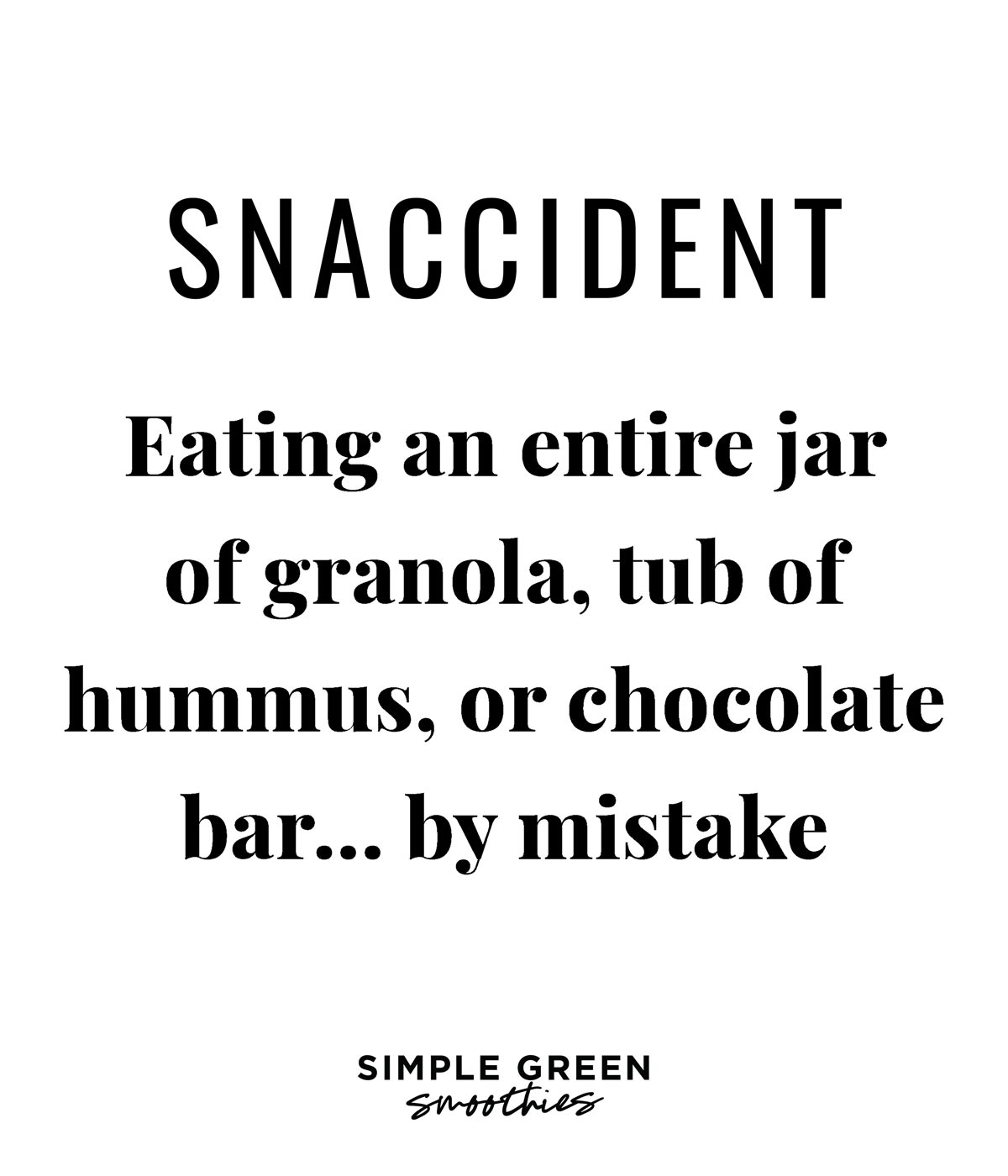
5 Common Myths of Plant-Based Eating
I’ve run into a few major myths about plant-based diets. Some believe it can be too limiting and may create vitamin deficiencies. It is important to understand that a plant-based diet can provide all the necessary nutrients you need, and even include some not available in meat.
When I first started, I did a ton of research on the pros and cons of going plant-based, discovering what was true and what wasn’t. There’s no need for you to do the homework. I’ve compiled them here to give you all you’ll need to know to decide for yourself.
Myth #1: The only way to get enough calcium to maintain strong bones is to drink milk.
I can’t overstate the importance of calcium. Not only does it strengthen bones, but it is also necessary for proper nerve and muscle function and blood clotting. Milk isn’t your only option for a calcium course. There are non-dairy alternatives that provide enough calcium to keep you strong and healthy.
The most common sources of calcium from produce are found in dark green vegetables, tofu, fortified nut milk, and oranges. Other options include soybeans, bok choy, broccoli, collards, Chinese cabbage, kale, mustard greens, and okra. Remember to check the labels on anything you buy. I think you’ll find that it’s just as easy to get calcium from veggies as it was from milk.
For example, there is just as much calcium in 4 oz of tofu or ¾ cup of collard greens as in 1 cup of cow’s milk.
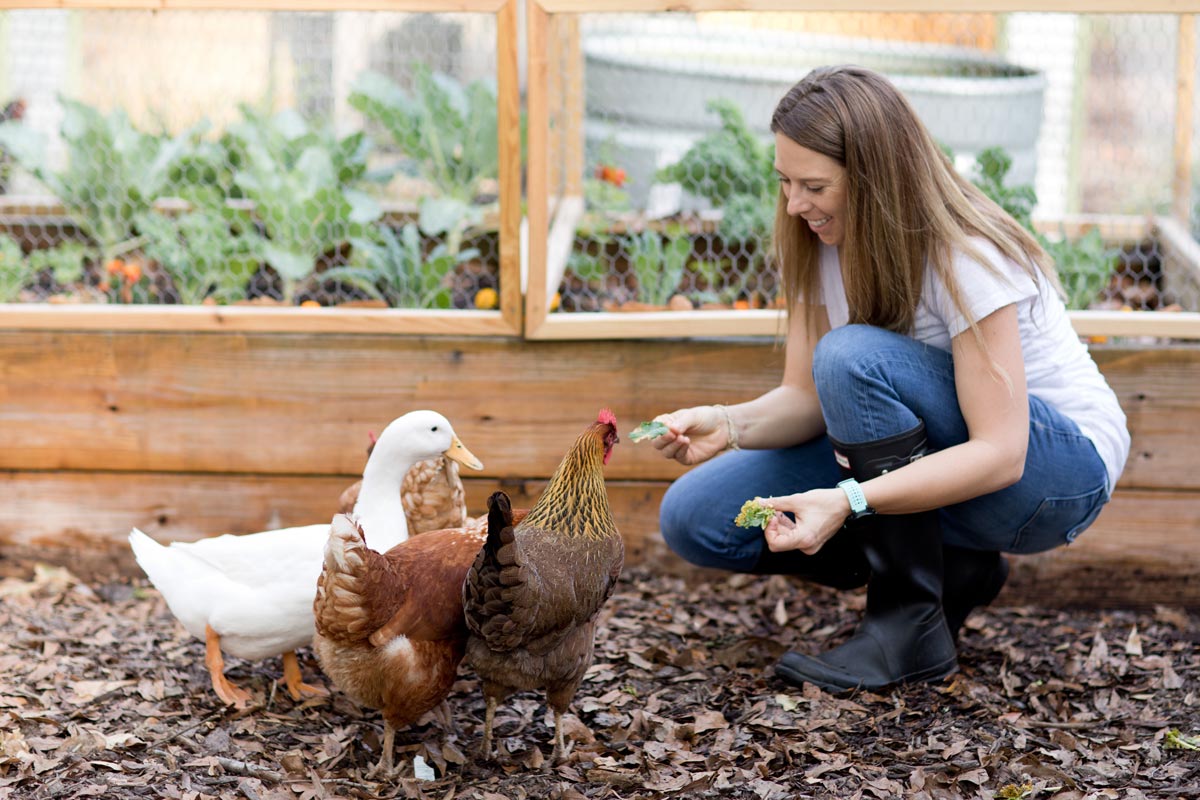
Myth #2: Meat is the chief source of protein.
Protein can be found in so many things other than meat. Literally so. many. things. All foods except fruits and fats contain some protein. As long as you are eating a wide variety of food, you can be confident in the amount of protein you’re getting.
Dark green leaves such as collards, kale, and spinach are especially high in protein. Leafy greens dominate my recipes. Dark greens are chock full of phytonutrients, vitamins, antioxidants and, yes, protein.
There is also something you need to be aware of when you begin to eat more greens- it’s called alkaloid buildup. All leafy greens contain small levels of toxins that can build up over time. Rotating your greens is an easy way to avoid alkaloid buildup.
Other sources of protein include legumes, soy products, whole grains, nuts and seeds. These plant-based sources of protein carry more fiber and less saturated fat than animal sources. With so many sources of protein, you’ll probably never be protein deficient. That’s just a protein myth.
Myth #3: It’s too expensive to eat healthy and plant-based.
I hear this one a lot. I believed it myself for years. But it’s not true. You are going to spend money grocery shopping anyway, so it’s better to buy things that are going to help you thrive.
Planning your meals in advance and sticking to your shopping list help you stick to your budget. Also, don’t be afraid to try off-brand products. Most of the time they are just as good as name brands. For fruits and vegetables, purchase what you can freeze in bulk. Don’t miss out on the lower prices that your local farmers market can offer. Check out localharvest.org to find a fresh produce supplier near you.
When shopping for your fruits and vegetables, you should be familiar with EWG’s dirty dozen list. Some fruits and veggies are high in pesticides and should be bought organic to avoid the chemicals. These are apples, celery, sweet bell peppers, peaches, strawberries, imported nectarines, grapes, spinach, lettuce, cucumbers, domestic blueberries, potatoes, green beans and kale.
Other fruits and vegetables that are low in pesticides are not as important to buy organic. These are onions, sweet corn, pineapples, avocado, cabbage, domestic cantaloupe, sweet potatoes, grapefruit, watermelon, mushrooms, sweet peas, asparagus, mangoes, eggplant and kiwi. We call these the clean 15.

Myth #4: Vegetarian diets are not for pregnant women, children or athletes.
A whole food plant-based diet can provide enough nutrients for a child to grow healthy and strong, an athlete to bulk up and give her competitors a run for their money, and even enough for a person to grow a new life while still supporting themselves nutritionally. The plant-based lifestyle can provide what a person needs to carry them through life. And these diets often eliminate many unhealthy side effects of too much meat and dairy.
For example, there are a number of vegan professional athletes (my favorite is Scott Jurek, seriously SUCH an inspiration), children, teens and expectant mothers.
When you’re pregnant, it is important that your body is getting plenty of nutrients, for you and your baby. Check out the best green smoothie for expectant mothers to ensure you and your baby are getting the essential vitamins and nutrients.
Myth #5: If the label says “vegetarian” it’s healthy.
The point of a plant-based diet is to shy away from processed foods, so it’s important to read all labels. Many vegetarian snacks such as granola bars often include heavy doses of added sugars and oils. Ditch those and make your own!
While these foods may be tasty, they are not the whole food that this sorta diet encourages you to eat. Look for low levels of added sugars and sodium when reading the labels. Stick to raw ingredients that you know are pure. That’s the basics of being #rawesome.
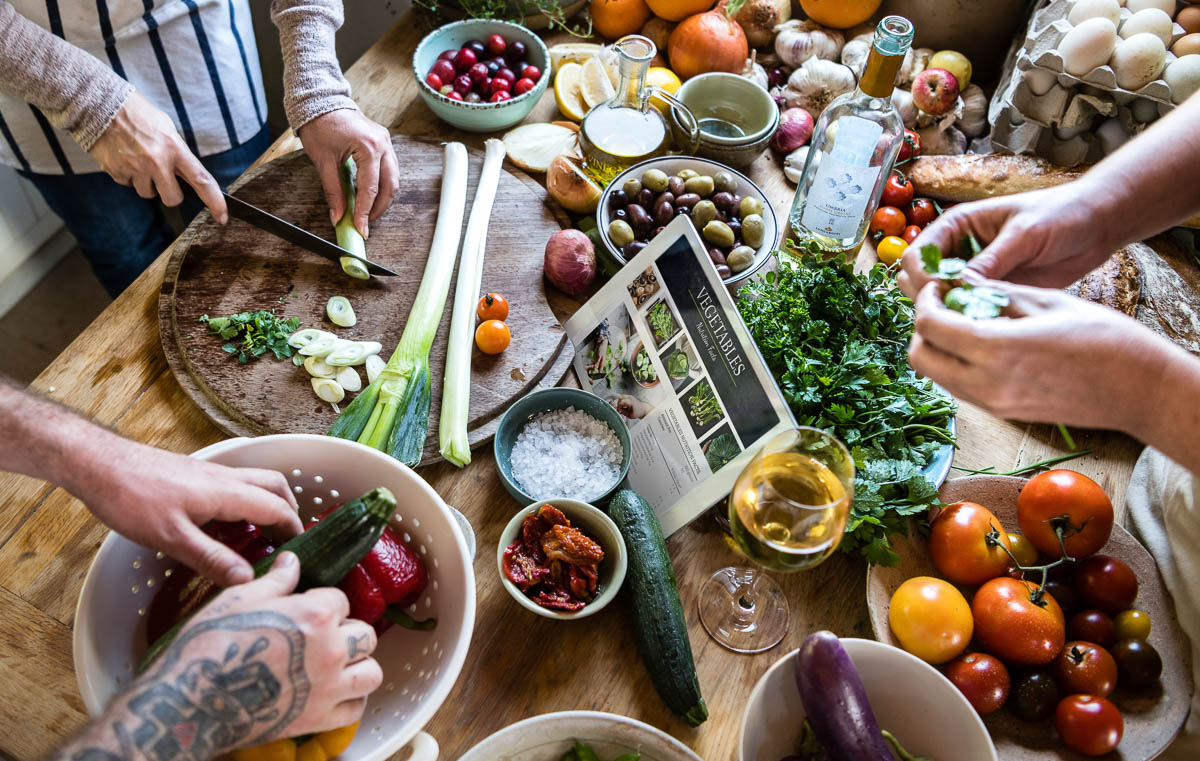
Health Benefits of the Plant-Based Diet
The whole food plant-based diet helps you with your goals to lose weight, improve your health, prevent disease, nourish your family, feel happier, get fit, start over or all of the above. Consuming plants gives you increased energy, glowing skin, increased clarity and focus, strengthens your immune system and regulates bowel movements.
I know, it’s a long list. And not only does this lifestyle kick-start those immediate health effects, but it also comes with long-term ones as well, like treating and preventing a number of diseases. #kaleyeah
Cardiovascular Disease and Stroke– Heart disease remains the number one cause of death in the US, even though the disease is preventable. A healthy lifestyle full of produce greatly reduces the risk of heart disease by knocking out three of its main contributing factors: obesity, high cholesterol and blood pressure.
Cancer– Cancer comes in many shapes and sizes. A plant-based lifestyle helps prevent some types more than others. Fruits and vegetables contain phytochemicals that interfere with the spread of cancer. On the defensive side, they’ve been proven to stop cancer cells from multiplying, keep them from hijacking DNA and stop enzymes that turn cells cancerous. It boils down to this. The whole food plant-based lifestyle was what your body was made to consume. It combats what your body was not made to handle.
Bone Health– This lifestyle can provide all the calcium you need, provided you maintain a well-balanced diet. And though we can’t downplay the importance of calcium, it is not the only thing needed to support strong bones.
Here’s the good news. A plant-based diet contains these essential nutrients in abundance. These nutrients are vitamin D, vitamin K, potassium and magnesium. Foods that support healthy bones are soy products, fruits and vegetables.
Top Questions When Going Plant-Based
It really depends on what kind of lifestyle you want to adhere to. Based on my chart, decide which category you fall in vegan, vegetarian, pescatarian, etc. Then you can decide what foods best fit into that category. Focus on fueling your body with foods that give you energy, strength and leave you feeling refreshed, not lethargic.
Yes! Eggs are a great source of protein and fat, yet make sure they help you feel good. Eggs can give people acne, so test how your body reacts to consumption. If eggs aren’t for you, then search for other foods rich in healthy fat and choline.
The biggest thing a plant-based diet focuses on across the board is making sure your meals and snacks include a wide variety of plants, and that they become the main part of the meal, not the side. My best advice, listen to your body and fill it with as many different whole foods as you can. If you aren’t sure where to start, I’m here to help!
SHARE: What kind of plant-based diet works best for you?
I’d love to hear where you are on the spectrum and how you feel. Feel free to share any tips or advice that has helped you along the way. I’m sure there are many people who will appreciate hearing about your journey!

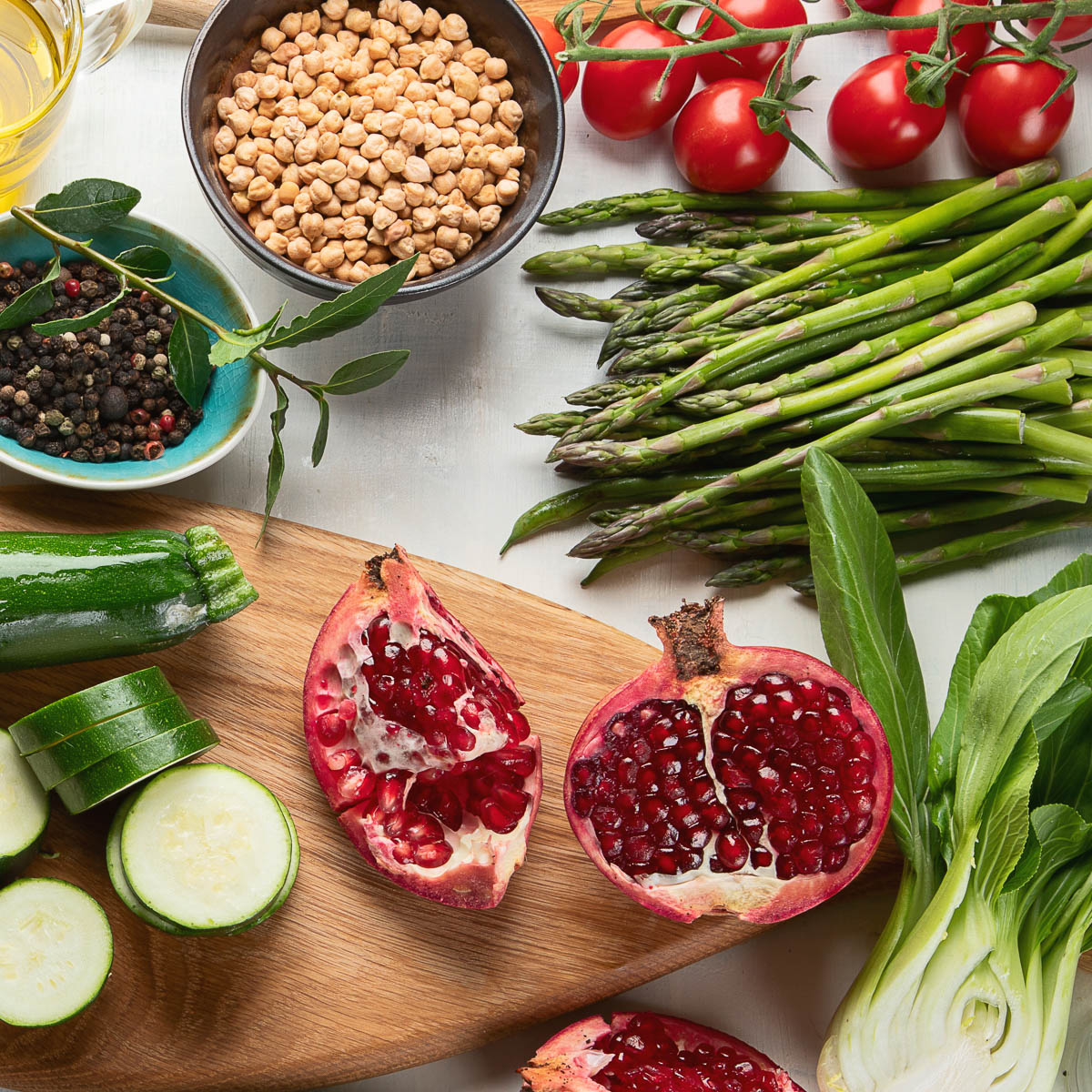
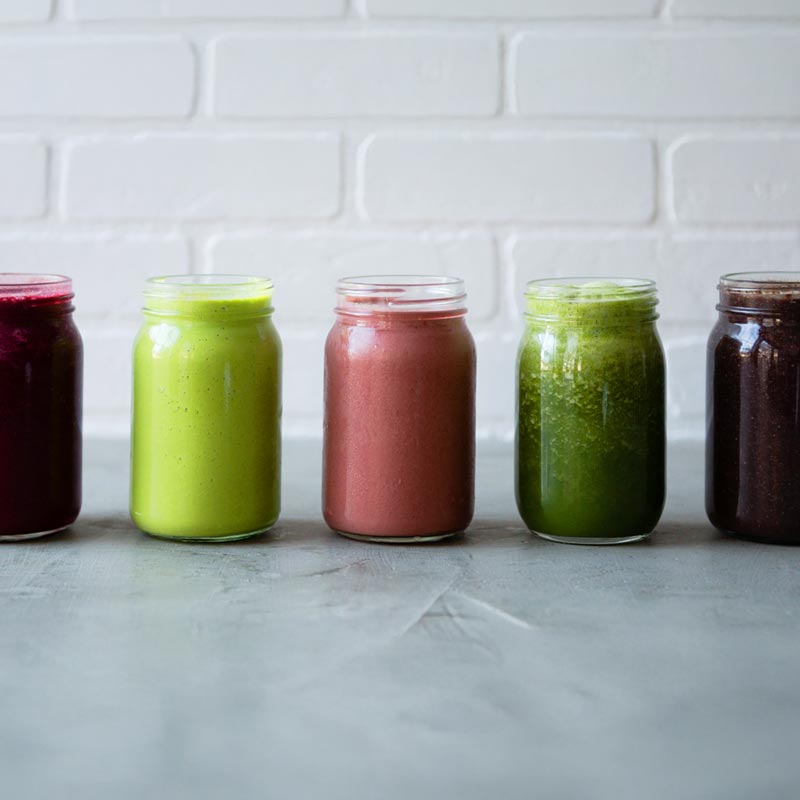









Fantastic article! The ‘Plant-Based Diet for Beginners’ provides clear, practical advice for anyone looking to start this journey. I appreciate the easy-to-follow tips and meal ideas that make transitioning to a plant-based diet feel achievable. Your explanations are both informative and encouraging, making it a great resource for beginners. Thanks for making plant-based eating approachable and inspiring!
I’m glad you enjoyed this— there is just so many reasons eating plant-based is the way to go!
Thank you for creating such a clear guide on following a plant-based diet. This is so helpful!